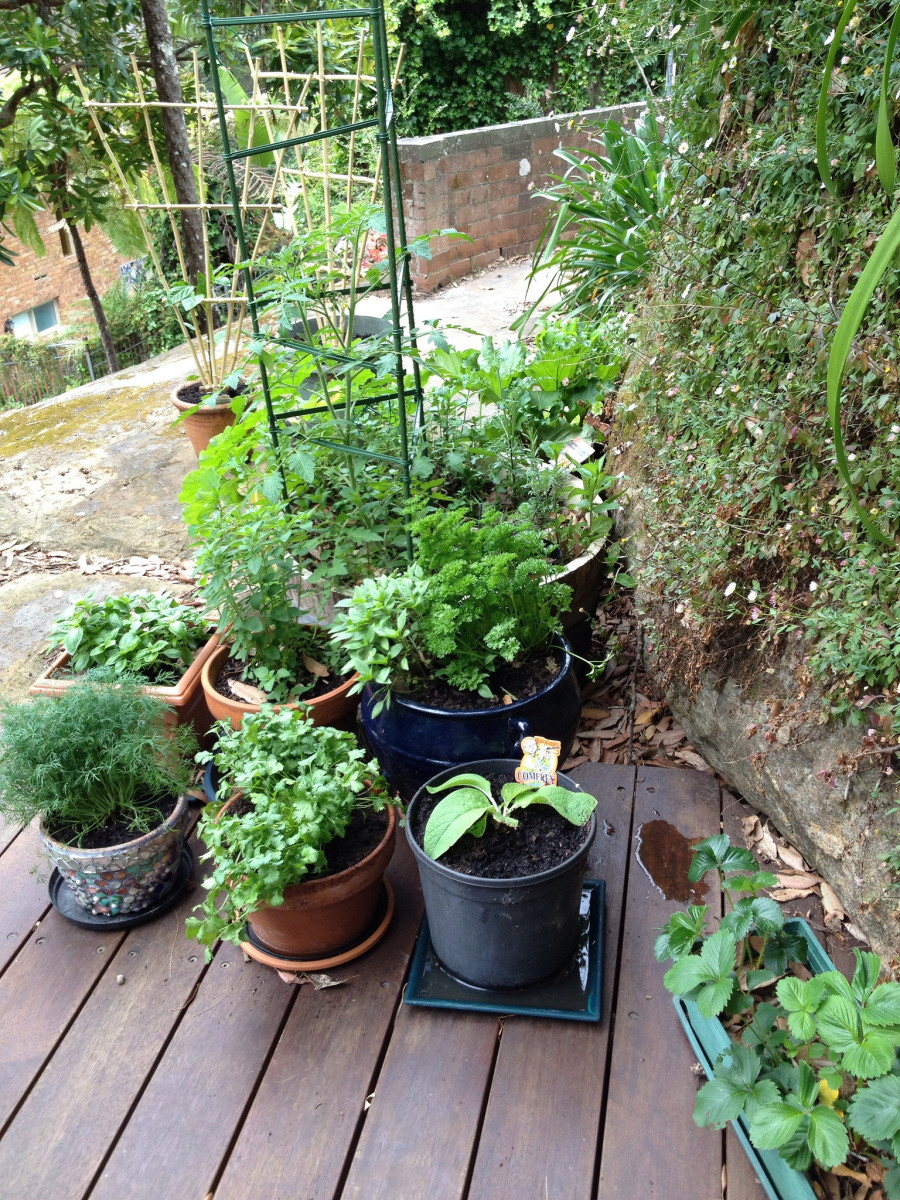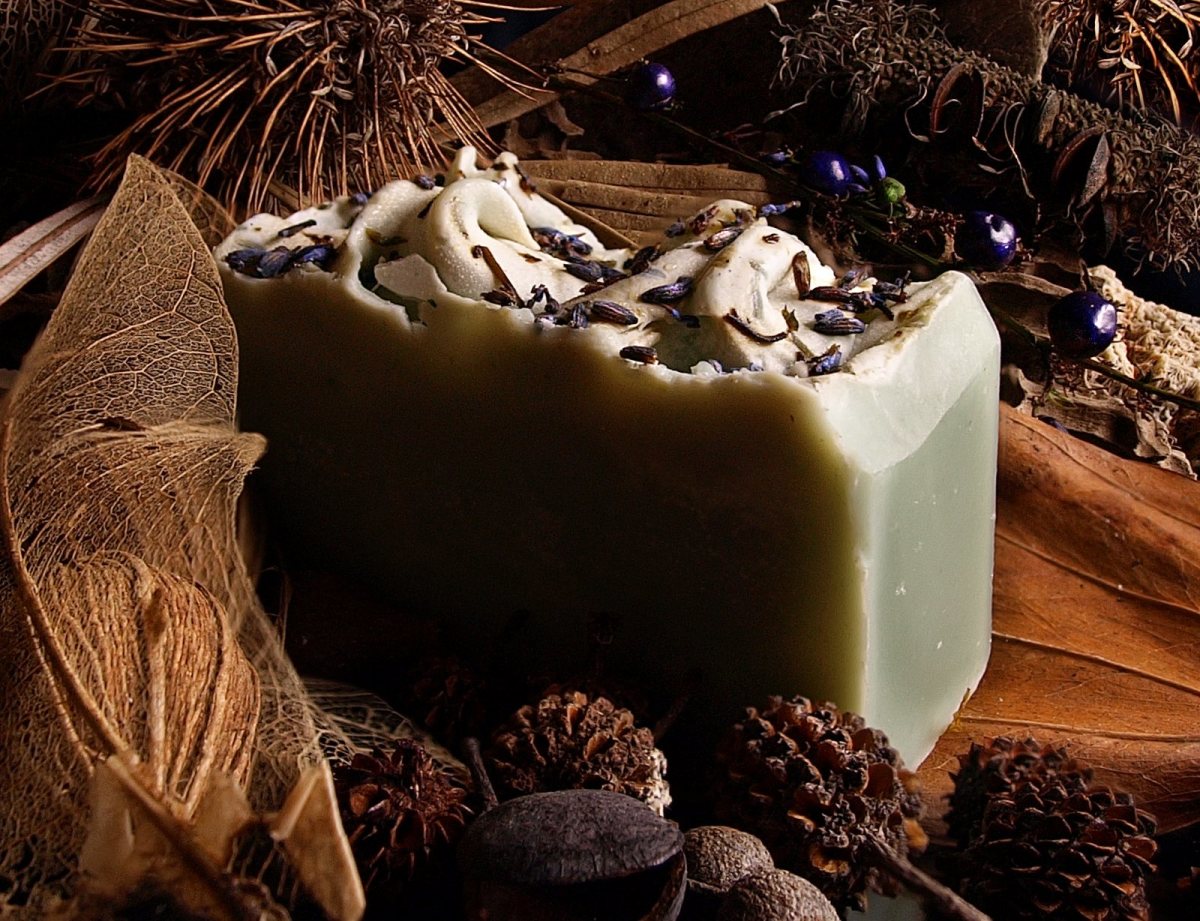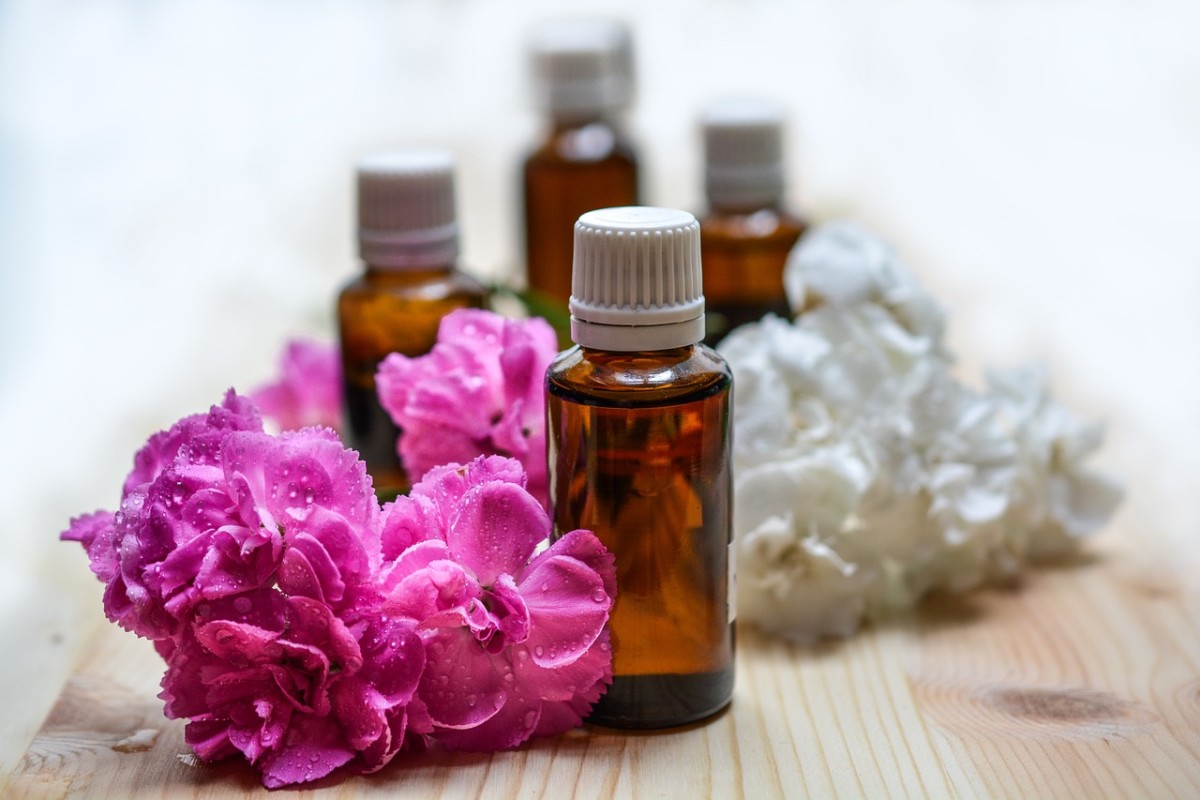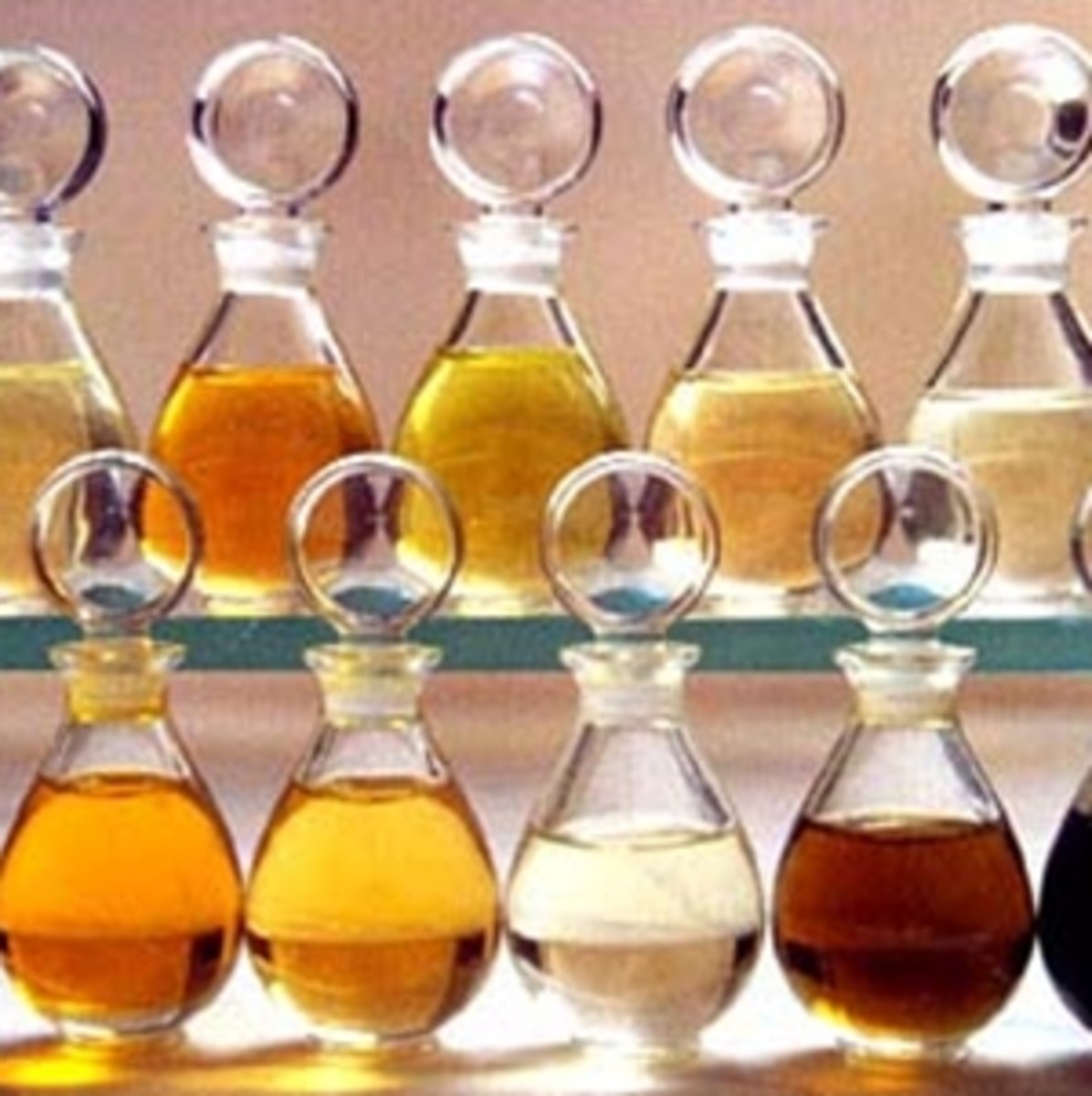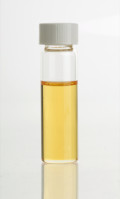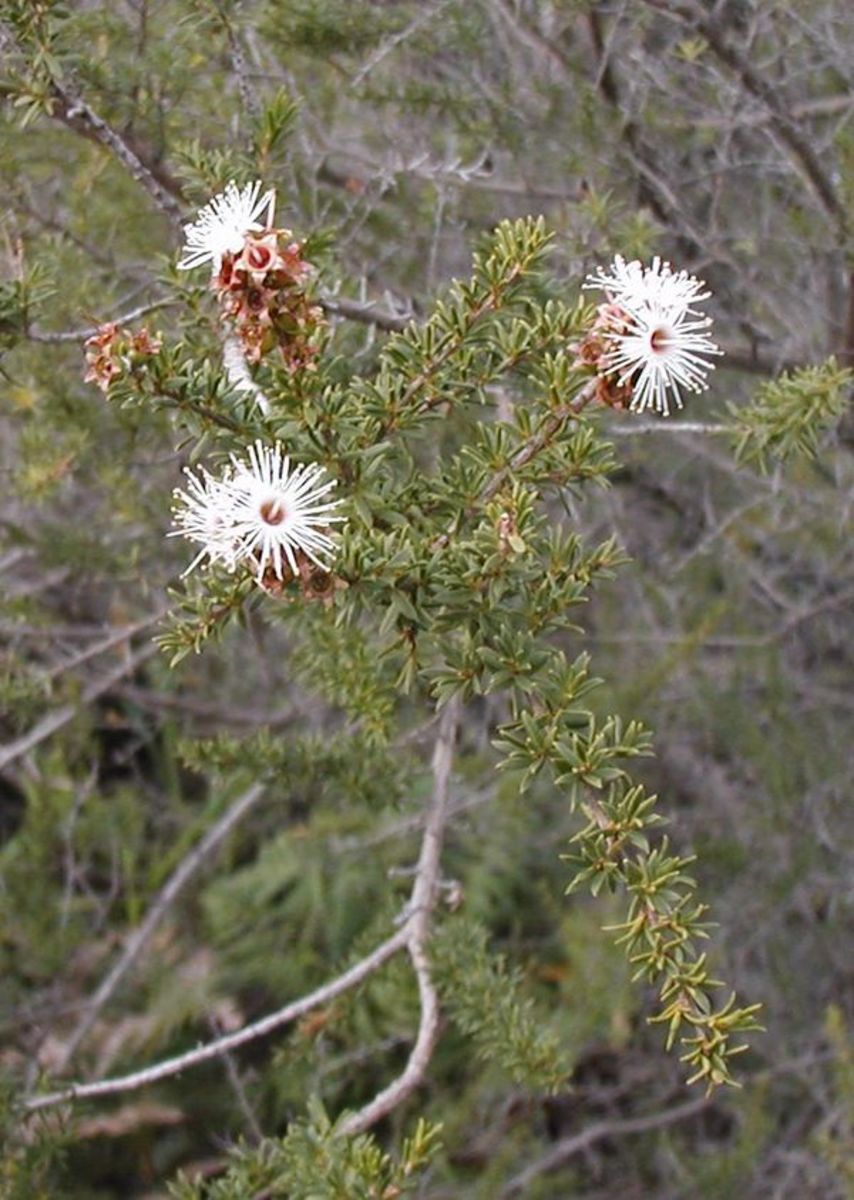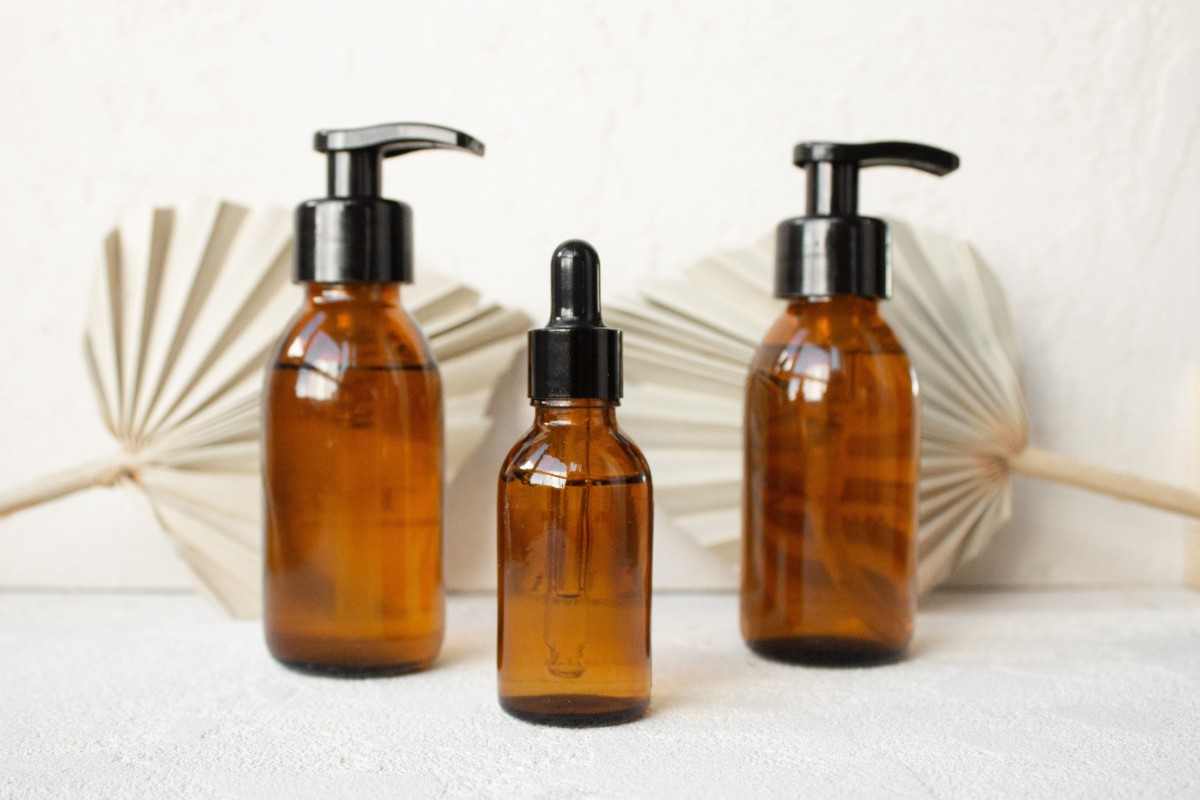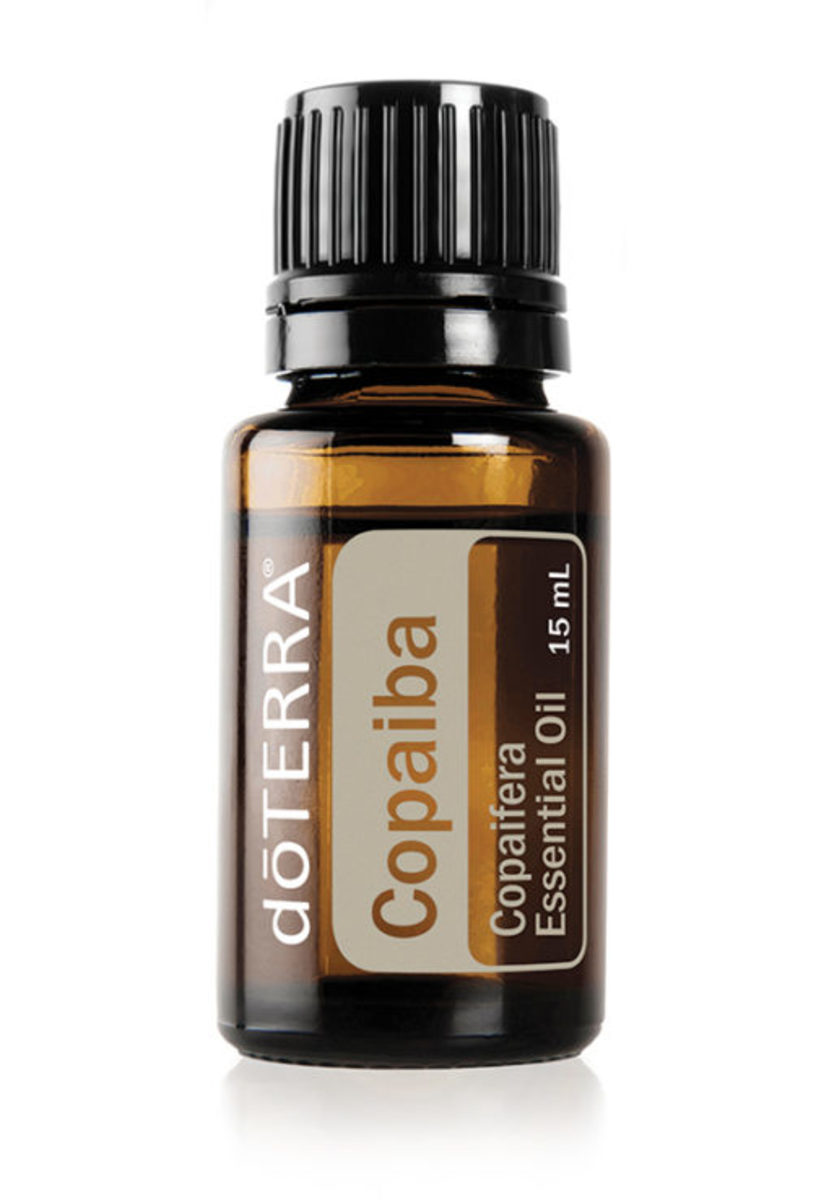Aromatherapy Oils
Aromatherapy
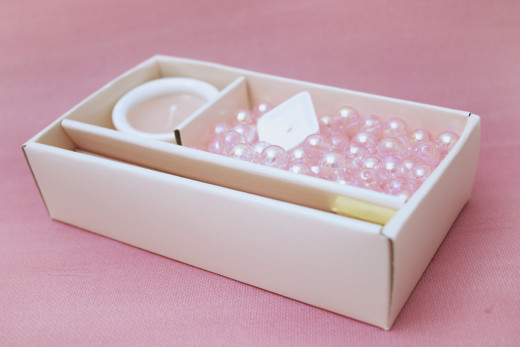
Scents
All plants on this earth have a scent.
There are plants that smell very strongly, others less so.
These fragrances are formed under the influence of the sun and stored in small cavities and channels in the plant.
For all we know the plant uses them to promote (to attract insects) and strengthen (similar to human hormones).
The Alternative Medicine Known as Aromatherapy
There are many forms of alternative medicine one of which is aromatherapy.
The practice is centered around volatile plant materials, known as essential oils as well as other aromatic compounds that are made from plants and used to have an impact on an individual's physical or psychological health.
Essential oils are not the same as herbal preparations because oils are distilled from the plant elements of root, stem, leaves, and flower.
The oils are rich in monoterpenes and sesquiterpenes, esters, aromatic compounds, non-terpene hydrocarbons, and other organic sulfides.
There are many uses for essential oils including being used along with massage therapy, as a topical application and as a preparation to be inhaled in steam.
There are many other ways to apply these essential oils including by aerial diffusion, and also oral, rectal and vaginal routes.
Aromatherapy is practiced all over the world including China, France, Germany and the United States.
There are many claims made by those using aromatherapy including that it has antibacterial, antiviral, antifungal, anti-inflammatory, anxiolytic, antispasmodic, and antioxidant properties.
There are many uses for essential oil such as to lift someone in depression or to relieve headaches by using Basil or by using citronella or bergamot as a insect repellant.
Clove oil has been used in dentistry as a topical analgesic and also as an antiseptic, and a antispasmodic.
Many individuals swear by Eucalyptus oil when they have a cold or the flu.
Lavender oil is often used as a disinfectant or to soothe the irritation from minor cuts and burns.
Different parts of the plant is used in the essential oils for instance the fruit of the Hops plant is used and the flowers are used from Chamomile and Cannabis plants.
The leaves are used in the Salvia, Lemon balm, Lavender, and also the Eucalyptus plants.
Many individuals use aromatherapy as a holistic way of caring for their body. The oils can alleviate tension and ease fatigue while invigorating the body.
If you are anxious, depressed or fatigued using certain essential oils can help to relax you and when inhaled the oils are absorbed through the lungs and travel to the bloodstream where they can affect the brain and nervous system.
Essential oils have not only therapeutic and psychological value but physical benefits too.
It is being recognized today as one of the fastest growing fields of alternative medicine.
Hospitals and clinics are now using aromatherapy to ease pain and to calm patients.
Self-care products are also available for individuals to use.
It is important to note though, that if you are using an essential oil for the first time that it is an excellent idea to read all instructions and safety rules before using especially if you have any health concerns.
When making your purchase of essential oils always be sure to buy from reputable companies that stand by their products and provide refunds.
Check to be sure your product is pure and natural.
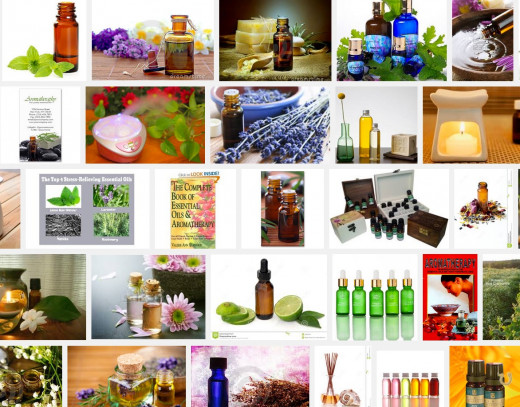
Aromatherapy?
Do you ever use aromatherpay?
The Founding Of Aromatherapy-Part I
The founding of aromatherapy
First part of a 40 minutes long documentary film about the founding of aromatherapy and René-Maurice Gattefossé. The film was commissioned by http://www.gattefosse.com to "Pelicula" in 2005. You can see the second and third part below.
Aromatherapy
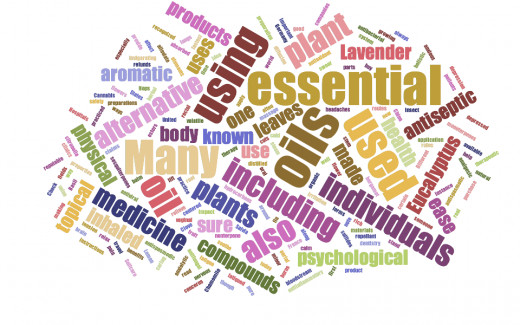
The Founding Of Aromatherapy-Part II
The History in Brief for Those Interested in Aromatherapy
Most individuals who are interested in aromatherapy are aware that it is a practice where plant oils are used to make a person physically or psychologically feel better. The term aromatherapy did not describe the use of volatile plant oils until approximately the 20th century.
The history of the use of essential oils in aromatherapy is varied and exciting.
The practice of using the oils dates back through to almost 1,000 years.
The people of China were among the first to understand the use of aromatic plants as they made use of burning incense to create harmony and balance.
The Egyptians then invented a rude distillation machine that could extract cedarwood oil.
History is clear on the fact that the Egyptians used cedarwood oil, clove oil, oil of cinnamon, nutmeg and myrrh to embalm their dead.
The Egyptians used both distilled and infused oils.
Much like today, the Egyptians used oils for herbal preparations to be used in spiritual ceremonies, for medicinal purposes, and for fragrance and beauty.
History mentions the use of essential oils by the Greeks and in particular by Hippocrates, who was commonly called the "father of medicine" who used both aromatic and medicinal plant oils.
The Romans through the knowledge gained by the Chinese, Egyptians, and Greeks and recorded the 500 or so plants; or specifically Dioscorides, a Roman, wrote a book, titled: De Materia Medica.
In the book, the properties of 500 or so plants were described in detail.
Advances were made in distilling the oils in the 12 century in Germany when lavender was distilled for its medicinal purposes.
Followed by the pharmaceutical industry being born in the 13th century.
During the 15th century there grew a larger base of knowledge about the use of plants for essential oils and more plants were distilled to create new oils such as the frankincense, juniper, rose, sage and also rosemary.
The actual term, "essence" came from an alchemist named, Paracelsus.
It wasn't until the 16th century that individuals could buy essential oils and they were termed as being an "apothecary."
Later in the 20th century, the use of essential oils began to be recognized for its medicinal use by a French chemist, René-Maurice Gattefossé.
He was later credited with coming up with the term, "aromatherapy" as he wrote an article titled: Aromathérapie: Les Huiles essentielles hormones végétales.
Much later the English version came into existence, and it is still in print today.
The English version is titled: Gattefossé's Aromatherapy.
Advances continued to be made in aromatherapy in the 20th century by other well-known aromatherapists including Jean Valnet, Madam Marguerite Maury, and also Robert B. Tisserand.
Other favorite books were written on Aromatherapy including, The Practice of Aromatherapy, and The Art of Aromatherapy, which was the first book on the subject to be printed in the English language.
The Founding Of Aromatherapy-Part III
Aromatherapy
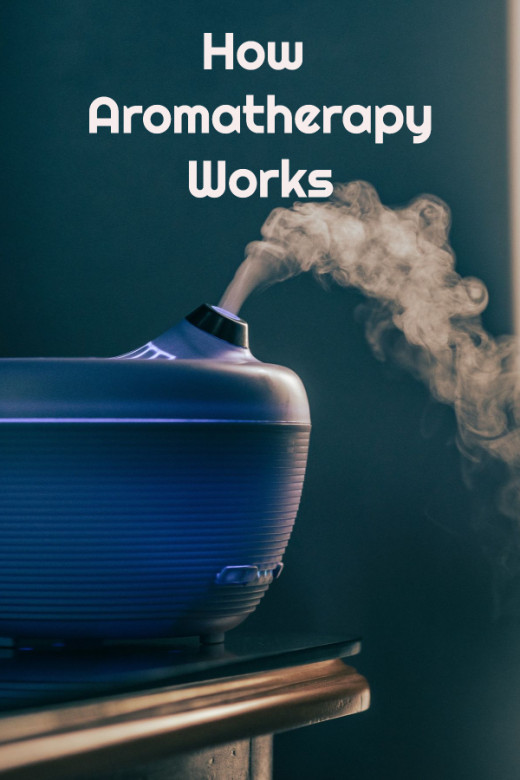
Aromatherapy Oils
- Aromatherapy Baths With Essential Oils
The choice of aromatherapy application creates a major impact on the effectiveness of using aromatherapy. It determines how easily the helpful properties of the oil are absorbed by the body and acts on those imbalances to improve overall function. .. - Best Carrier Oils for Homemade Perfumes Recipes and ...
Which Carrier Oils do you use for homemade perfume recipes and homemade Aromatherapy recipes? For Aromatherapy Fragrances Recipes, carrier oils use as a base or use dilute essential oils. A lot homemade perfume recipes use carrier oil in the same... - Aromatherapy Products, Home Aromatherapy Skin Care T...
Learn how to use aromatherapy pure essential oils to make your own Beauty Treatment and Skin Care Aromatherapy Products

